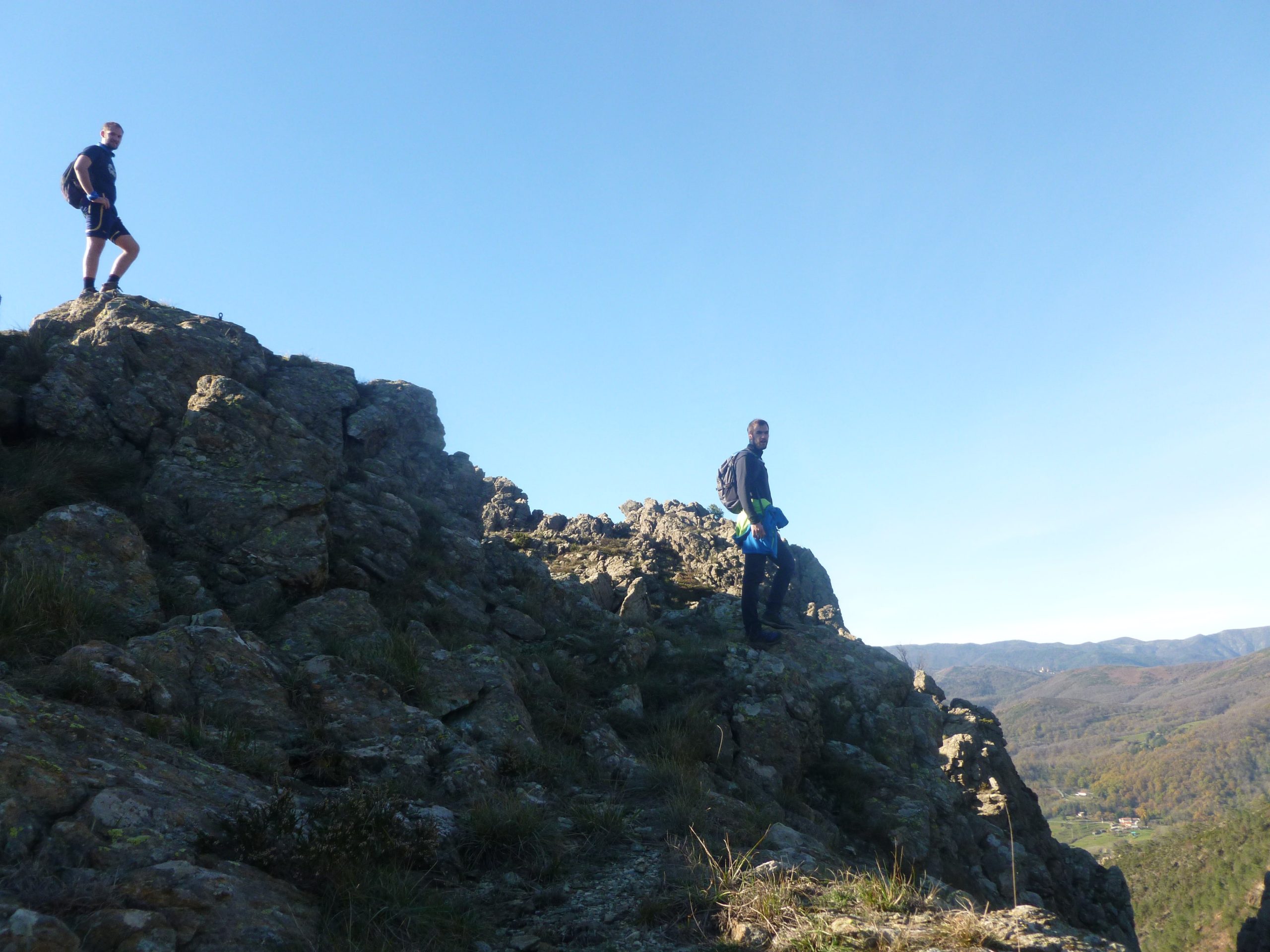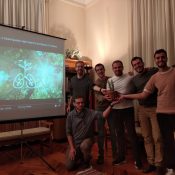Each of us is convinced that it is impossible to love someone without being close to him or her. The lover, by definition, experiences a continuous tension that pushes him to seek the beloved. The Latin poet Tito Lucrezio Caro, in his De rerum natura, sketches this characteristic of love in a masterly way, referring to the carnal union of the two lovers. In the highest expression of physical love, both seek to “lose themselves in the other body with one’s whole body” (RN IV, 1095). A desire for fusion that cannot be fulfilled and therefore is continually reactivated. On the other hand, even the forms of love that do not find expression in the union of bodies, like the affection that is felt towards parents and friends, require a certain proximity to be able to keep alive. This is where one of the most recurrent objections to the religious life undertaken by the novice arises. An objection that is often put forward by parents: “how can you say you love us, if you have chosen to live a life away from us?”. Such a criticism could be put forward also by dearest friends and by the people met during the apostolic experiences that put us in contact with the young and the poor. Our formation needs do not allow us to establish lasting links with them. And yet it is possible to live a form of communion even in distance. Intercessory prayer fills this distance by filling it with love. The request for concrete benefits in favour of those for whom the prayer is intended does not exhaust its significance. What is more vital than anything else in this type of plea is to perceive upon ourselves and others the merciful grace of the Father who with his embrace of love transforms us into one (Jn 17:20). This prayer helps us to regain unity despite living in dispersion and teaches us the mystery of love between God and us, where love, distance and communion co-exist.
GesuitiNetwork - Cookie Policy
This website uses cookies to improve our services and your user experience. By continuing your navigation without changing your browser settings, you agree to receive cookies from our website. For more information visit this page.



























Comments